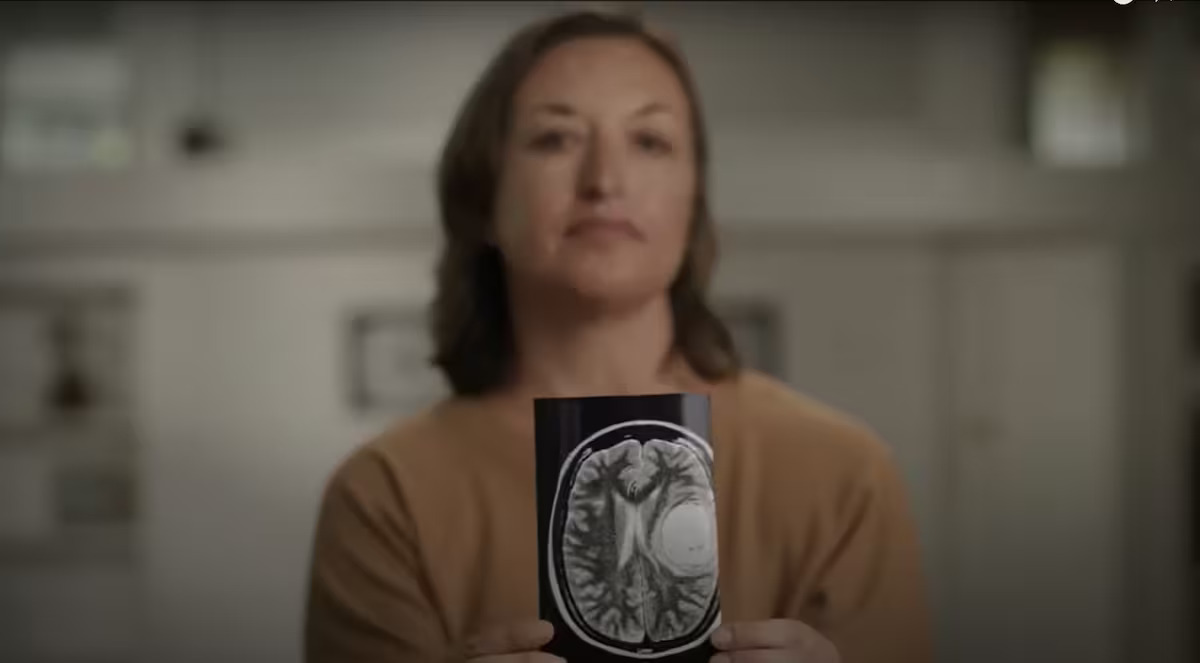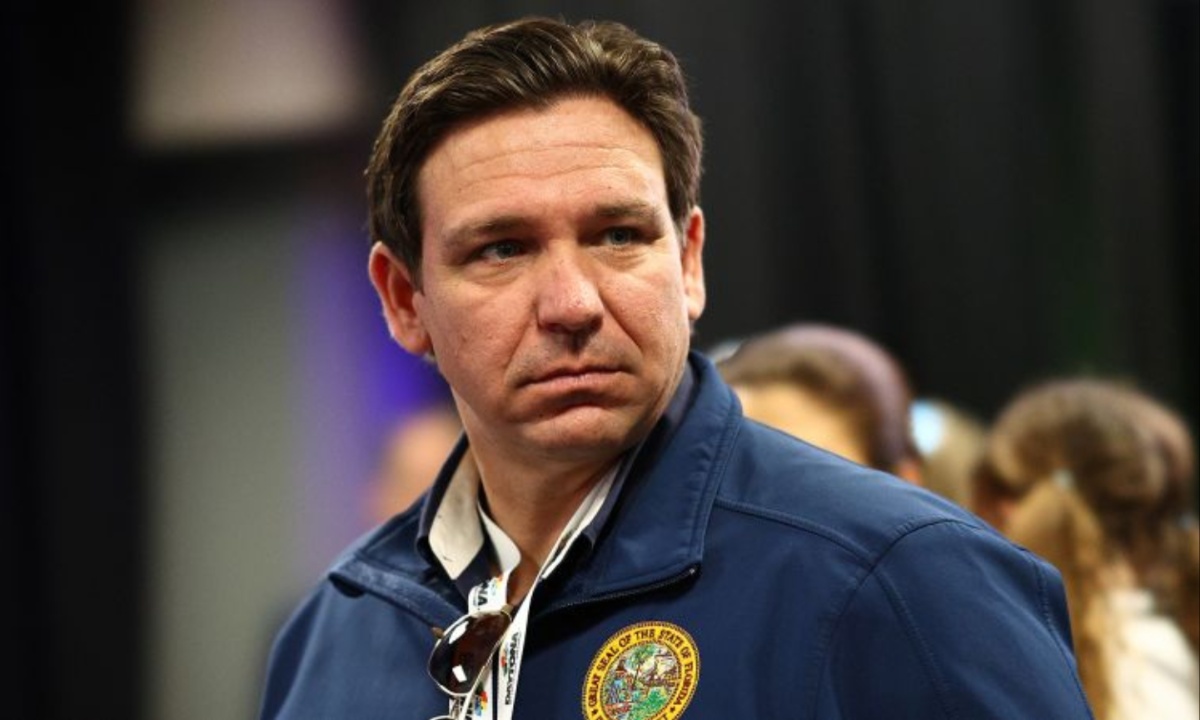In a recent legal development, John Wilson, the former general counsel for Florida’s Department of Health, revealed that top attorneys for Governor Ron DeSantis were responsible for drafting cease-and-desist letters sent to local TV stations.
These letters threatened criminal prosecution for airing an advertisement advocating for abortion rights. Wilson stated in a court affidavit that he was given pre-written letters by Sam Elliot, a prominent attorney in the DeSantis administration, on October 3. He clarified that he did not write the letters and had no prior involvement in discussions about them before their release.
Following the backlash against the letters, Wilson chose to resign from his position, citing moral objections to the directives he received from fellow general counsels Ryan Newman and Jed Doty.
In his resignation letter, he expressed a strong personal conviction, stating, “A man is nothing without his conscience,” and indicated that he could not support the agency’s actions moving forward. His decision to step down underscores the internal conflict within the administration regarding the use of threats to suppress media coverage.

DeSantis Attorneys Behind Cease-and-Desist Threats to TV Stations Over Abortion Rights Ad, Ex-Counsel Reveals
The controversy ignited when local TV stations began airing an advertisement from the group Floridians Protecting Freedom, which sought to overturn Florida’s restrictive six-week abortion ban.
The ad features Caroline, a brain cancer survivor, who illustrates how the law would have jeopardized her life by restricting her access to necessary medical care. Her story highlights the real-life implications of such laws, emphasizing the need for abortion rights even in critical health situations.
In response to the airing of the advertisement, the health department’s cease-and-desist letters were sent, demanding compliance within 24 hours and threatening legal action against those who refused.
This prompted the group behind the ad, Floridians Protecting Freedom, to file a lawsuit against Wilson and Joseph Ladapo, the state’s surgeon general, accusing them of unconstitutional coercion and viewpoint discrimination. The lawsuit seeks to prevent any further attempts to intimidate media outlets into silence.
In a notable judicial response, a federal judge determined that the health department’s threats constituted viewpoint discrimination, subsequently issuing a temporary restraining order against Ladapo. This ruling emphasizes the importance of protecting free speech, particularly in the context of governmental overreach.
Support for the local TV stations has also emerged from figures like FCC Chairwoman Jessica Rosenworcel, who criticized government threats against broadcasters as a dangerous violation of fundamental free speech principles.











































